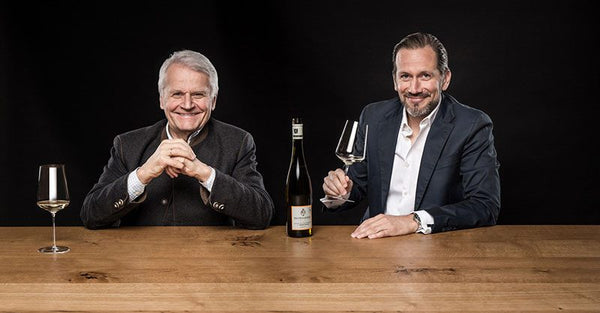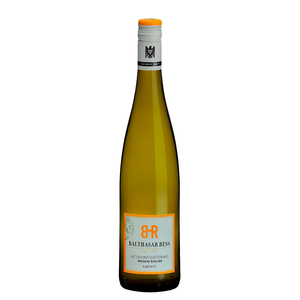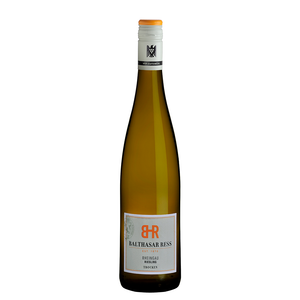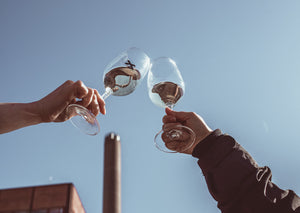
Balthasar Ress
The story of Balthasar Ress was born out of a desire to be hospitable to others. In 1870 to the village of Hattenheim founded Ress's inn laid the foundation for a winery that has been a member of the VDP association of German quality wine producers since 1989, and which even today cherishes the region's long gastronomic heritage and offers it to visitors to the region.
In the fourth and fifth generations, Stefan and Christian Ress continue to grow the farm's reputation together with Markus Roll, who is responsible for the daily operations, and Stephan Sänger, the cellar master. Up to 70% of the family business in Rüdesheim, The shelters located in Oestrich, Hattenheim and Hallgarten are Erste and Grosse Lage classified. There are a total of 55 hectares of orchards and they focus on cultivating 90% Riesling and 10% Pinot Noir. The cultivation quantities of Pinot Noir are also planned to be increased in the future.
The vineyards in Rüdesheim are located on slate and quartz soil, which is a challenge for viticulture, because in dry years the vines have to work really hard to get enough water and minerals to grow. The vines located in Hattenheim and Hallgarten grow in calcareous clay soil, which is often a little kinder to the vines. However, Hallgarten is very cool, so when the climate warms up, it is possible to produce well-balanced wines in the village, which also have the potential for GG classification.
Since 2010 Balthasar Ress's vineyards were gradually managed using organic methods, and starting with the 2019 vintage, all the farm's wines are certified for organic production. Thus, the farm is the largest organic wine farm in the Rheingau. Some biodynamic principles, such as Maria Thun's calendar, are also utilized in the farm's operational activities.
Ress' wines are known for their richness, which is guaranteed by an exceptionally long lees maturation. At its best, the lees maturation that follows spontaneous fermentations can last up to 60 months! The lees maturation also protects the wines from oxidation, so that their natural freshness and purity are preserved despite aging. Both steel tanks and wooden containers are used as maturing containers.
The farm's annual production is around 300,000 bottles. The producer has an organic certificate.






